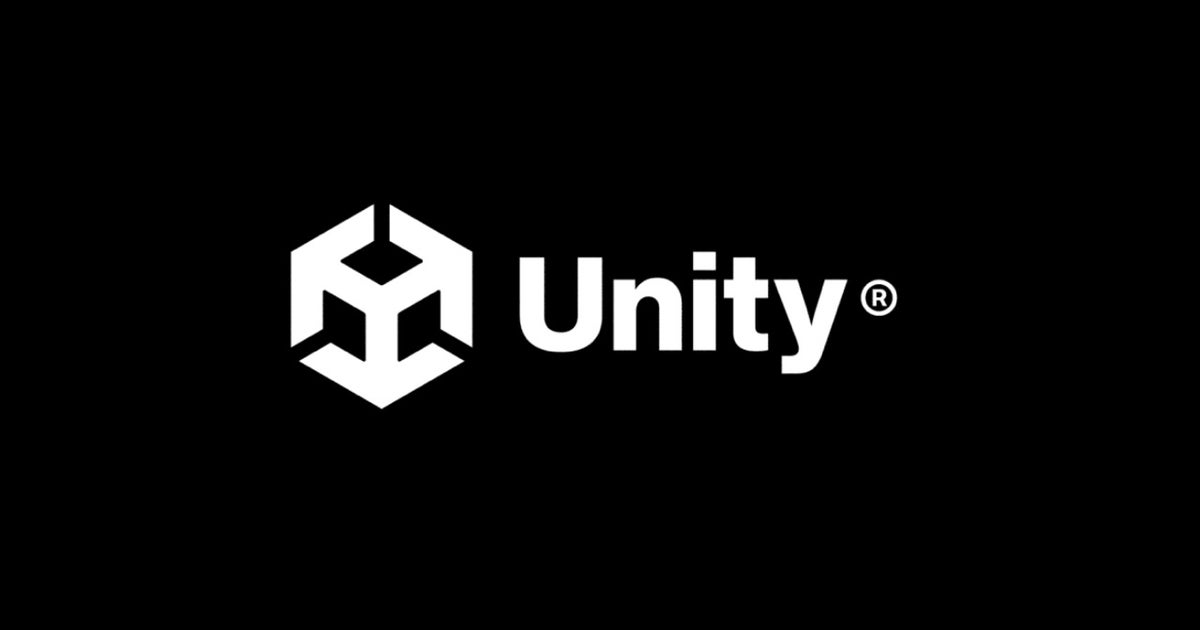Game development engine Unity has U-turned on some parts of its hugely controversial plan to enforce fees on game creat…
Unity had made their plans clear. Whether they backtrack a bit now or not doesn’t matter. We know what direction they are heading: squeeze more money out of indie devs
The controlling shares of Unity are held by a trifecta of private equity and venture capital organizations. That’s why this is happening. It’s a classical presentation of the (short-term) profit über alles enshitification cycle.
And seeing as how the CEO sold 2000 shares just days before this announcement, short-term profit really is all they’re in for.
2000 shares is nothing
The insider transaction history for Unity Software Inc shows a clear trend: over the past year, there have been 49 insider sells and no insider buys. This could be a red flag for potential investors, as it suggests that those with the most intimate knowledge of the company’s operations and prospects are choosing to sell their shares
Ehh, the top folks at Google were all selling their maximum-permitted amount every window they got for a decade and the stock held up.
You typically don’t need to buy shares as an insider, the company just prints more gambling slips – er, I’m sorry, non-transferrable stock options – and hands them out.
Or it just means they see it as compensation and are selling for taxes and expenses, not because they are worried about the long term direction of the company.
It’s best part of $80k, it’s still money made from insider trading.
No, it’s probably just being sold to pay taxes.
Which is still money.
Yes, but it doesn’t rise to the level of “insider trading,” which means using internal-only information to make trading decisions. If they sell these stocks regularly, on a schedule, in the same quantity, it’s not insider trading.
And that’s exactly what they’re doing, you can see their trades, and they’re consistent for about the same amount. So they’re not trading because of changes going on internally, they’re trading based on a schedule, probably because they need cash flow for some reason. My guess is taxes for their stock compensation.
That’s correct. Even with this backtrack, it’s a safe bet that they’ll likely re-introduce this same policy with different wording once they believe their consumers have calmed down.
Yeah it’s like knowing the foundation is structurally unsound and still deciding to build a house on it hoping it won’t get worse. It will.
Not nearly enough though.
They’re still exploiting their customers who’ve been developing products based on a completely different fiscal agreement; you can’t just change engines after years of work.
The worst isn’t even people currently developing things - it’s developers who already have released products. Imagine if you released something like, over the summer, for example. You’ve been paying the current revenue share, and will continue to do so until Jan. 1, then you’ll start paying the per-install fee. So you’re paying twice for the same customers’ purchases.
I really feel like they’re going to lose a lawsuit on that.
Unilateral contracts don’t have unlimited power and “we can blanket change what we want to charge you on games already made” doesn’t seem like it’s going to be enforceable.
Exactly - as others have pointed out, if they can do this, what’s stopping them from raising it to $1 per install, or $100?
From games as a service we went to game engine as a service. What is the next step? C++ as a service?
C++ rebranding as €++ 🤑
Don’t give them ideas.
There absolutely were non free language compilers at some point. If we hadn’t had tjings like GCC, it’d be a different world.
Just look at Apple, they always asked money for XCode.
More like oxygen as a service at this rate
They’re idiots for this policy. You alienate your devs, you ruin your platform.
Most businesses get ruined if you alienate your customers. The exception would be monopolies.










